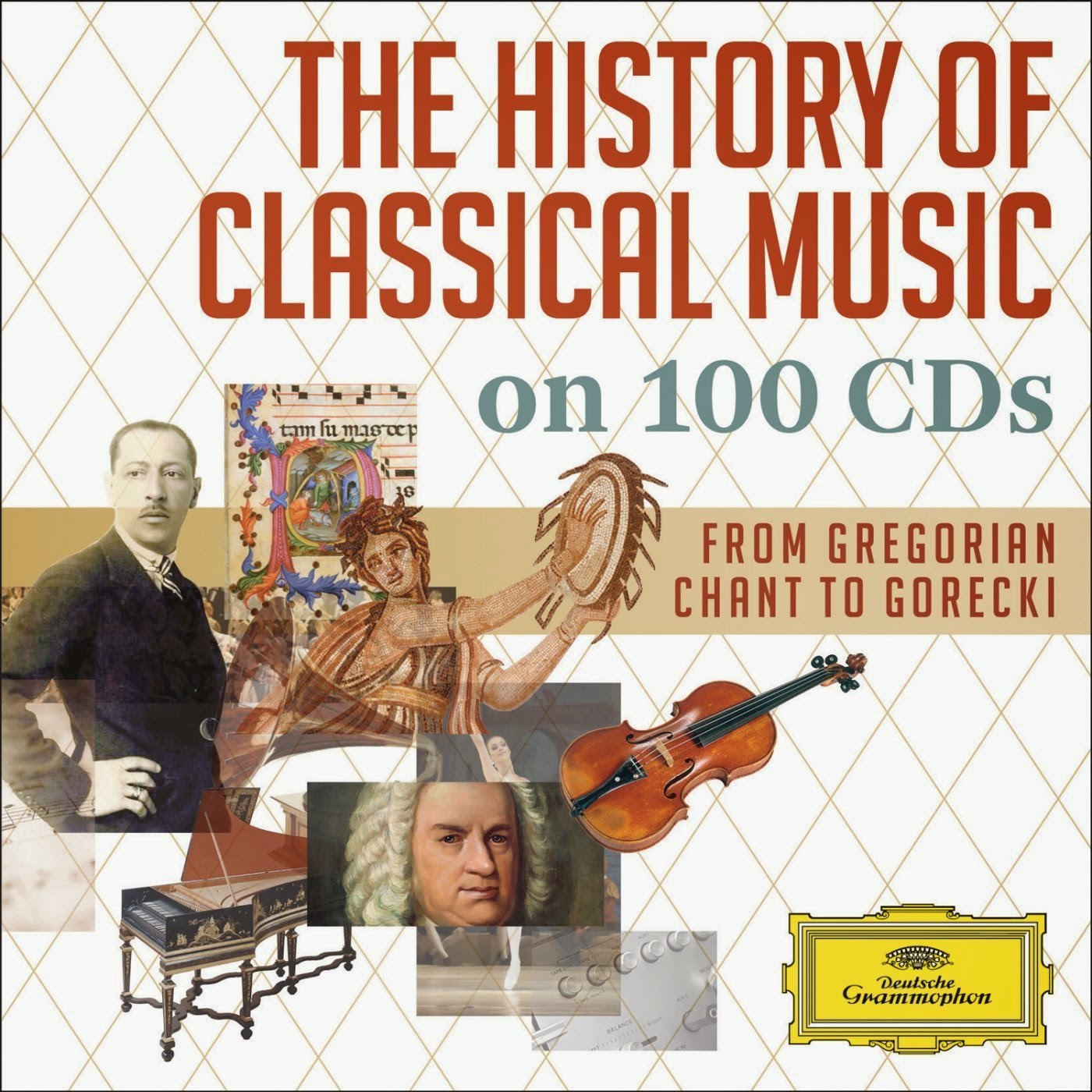‘’—“”
I live in either the tiniest big city in the world, or the biggest small town in the world: Williamsport, Pennsylvania. Because it has a unique history, namely that it lies on a point on the Susquehanna River at which it was convenient to locate saw mills, to process the quality lumber that was being harvested from the old forests of Pennsylvania, and so became home to a score of enormously rich lumber barons, it is a town (well, a city, now) with many unusual resources. Once the old growth was mostly gone, and sails were giving way to steam*, and oak paneling gave way to plasterboard, the town reinvented itself as the home to a small aircraft engine company (Avco-Lycoming), and then to smaller industries (including Pajamas, of course), forklifts, garage doors, and wet/dry vacuum cleaners, and, not least, a library supply company.
The population has always been small, but there is an excellent public library, James V. Brown Library. When I first moved here, I used to borrow a boxed set of records called, if I remember right, ‘The Time / Life History of Western Music, from Plainchant to Stravinsky,’ or something like that.
I was already interested in music of all eras, but this collection introduced me to older music, such as that by Dowland, and Palestrina, and even older dances, such as those recorded by Michael Preatorius (yes, the fellow who is credited with the tune of The Noble Stem of Jesse was an amateur folk musicologist, long before the term had been invented). But, with the inevitable march of progress, the library replaced its vinyl collection with CDs (and its VHS movies with DVDs, of course), and when I realized that my favorite compendium of ancient music was gone, it was too late to do anything about it.
In this Saturday’s edition of Archie’s Archives (the weekly radio broadcast that I present for the local community radio station, WXPI FM 88.5, with its radio tower in Jersey Shore, PA, broadcasting with an amazing power of 6 milliwatts, in case you didn’t know), I featured a tune by the real Von Trapp Family Singers, played on recorders. It was one of those fabulous Renaissance tunes, or even from the Middle Ages, which I had first heard on an LP from the Brown Library. (It’s more Beige, now.) On that LP, it was performed on an authentic Renaissance instrument which sounded essentially like a kazoo, and I wanted my listeners to hear that version, rather than the buttoned-down recorders version of the Trapps. But no; I don’t know where to look for it.
A theme for tomorrow’s show is contrasting versions of the same piece. So, for instance, I have Pictures at an Exhibition in both the piano version, and the orchestrated version. So, to contrast with the version by the Trapp Family, on recorders, I wanted to play that tune on the kazoo-like instrument, but I just don’t know where to look for it.
I went on Amazon, looking for titles such as ‘A History of Western Music,’ but there was nothing. On Amazon UK, I found a very promising-looking CD collection, called ... wait, let me get the title right ... A History of Classical Music in 100 CDs. But, as I should have expected, the performers are from the late 2oth Century, which means that it cannot be the same collection I was interested in, which dated from, I imagine, the 1960's and 1970's. Obviously it was going to be expensive to get the item all the way from Britain, so I headed back to good old Amazon US, and looked for that item.
All I got was things like The 100 Most Relaxing Pieces of Classical Music, or Relax with Classical Music! 100 Minutes of Relaxing music from your Favorite Classics! If I hear the word Relaxing one more time, or even read it, I take no responsibility for what will happen.
[More whining to follow.]
*So that white pine for the masts of ships was no longer in demand
There is no indignity that some people will not accept
-
This is especially true for people who worked with serial sex abuser Donald
Trump (SSAT) in his administration who, after they left office, tried to
reclai...
15 hours ago







